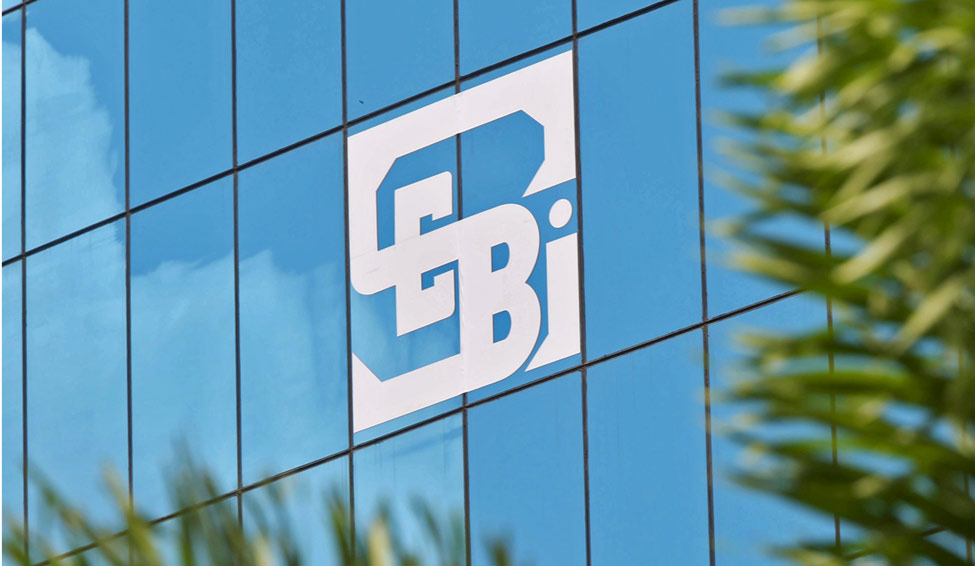Capital market regulator Securities and Exchange Board of India (Sebi) may introduce tougher risk parameters for the benefit of mutual fund investors.
Sebi's move to tighten the risk management system comes in the wake of investors suffering on account of mutual funds lending to corporates with bad debt.
JP Morgan Mutual Funds for instance, faced trouble due to its exposure to debt securities of Amtek Auto. Investors in two debt schemes of JP Morgan Asset Management India were forbidden from withdrawing their investments for a period as Amtek Auto defaulted to lenders. Eventually, JP Morgan India unit was taken over by Edelweiss Asset Management.
Huge potential
Mutual fund markets are still under-tapped in India, chiefly owing to lack of awareness and perceived risk factor. Most urban Indians consider mutual funds too risky, and people in small towns and villages do not have a proper understanding of mutual funds. Generally, it is the fear factor that keeps most Indian investors away from mutual funds. Sebi wants to reduce this fear by adopting stricter norms.
Some investors are put off by the warning, “Mutual Fund investments are subject to market risk. Please read the offer document carefully before investing.” The Association of Mutual Funds of India (AMFI) wants to underplay the word ‘risk’ in the warning in the advertisements.
Though direct equities and mutual funds offer good returns, they have a high risk factor. However, mutual fund investments have grown steadily owing to increased participation of retail investors. It is now a Rs 15-lakh crore sector.
Sebi data shows that Rs 13,564 crore has been invested in equity mutual funds market this year. The investment in the debt market was 3 lakh crore. And the BSE Sensex surged by 1,748 points.
There are about 45 mutual funds in India.
Affirmative action
Rating agencies downgrade debt instruments of corporates that are burdened with loans. Rating downgrades create a negative outlook on the company. Exposure to such debt instruments can put mutual fund houses on a slippery slope.
Sebi has noted that some leading fund houses were exposed to downgraded debt securities of Jindal Steel and Power Ltd (JSPL). Incidents like these have prompted the regulator to beef up its vigilance over mutual funds exposures in distressed bonds of companies.
Sebi has restricted the amount which a mutual fund house can invest in debt instruments issued by a single company. Putting a cap on individual investment in bonds brings diversification.
Sebi advises mutual fund houses to do their own research for picking up portfolios rather than simply relying on the outputs of credit rating agencies. The regulator assumes that there will be positive results if the fund houses develop their risk management processes and not rely solely on any external crediting agency. This places a responsibility on the fund managers to build up credibility among investors to further their investment portfolios.
Sebi is also looking into the practices followed by credit rating agencies.
The fund regulator has also been trying to enhance the level of information available to investors. Sebi's riskometer has replaced its earlier colour coding scheme. The level of risk in mutual fund schemes has been raised from three to five—low, moderately low, moderate, moderately high and high.
Sebi also insists on increased transparency in the management mutual fund schemes. Consolidated account statement for the investor must have information on how much he has put in, how much it is worth now and also the cost of managing his fund.





